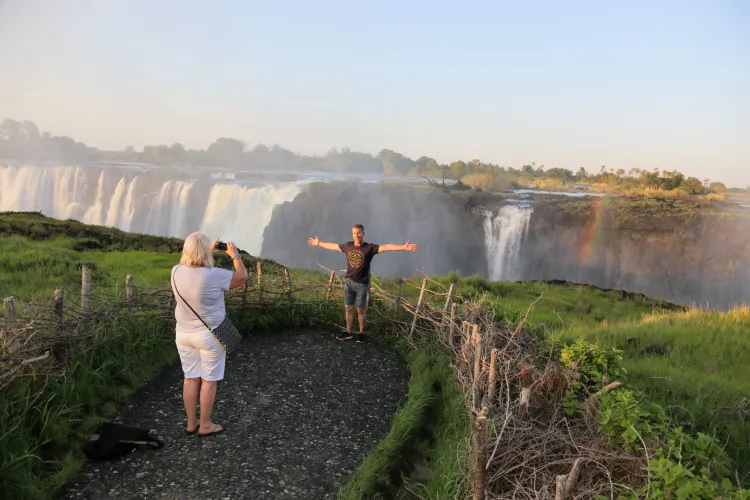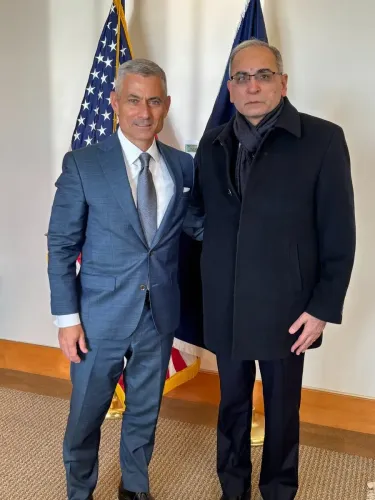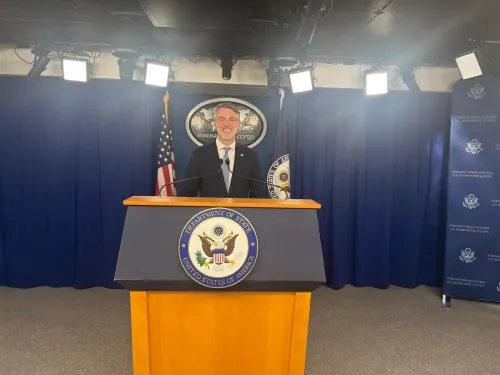How is UNESCO Enhancing Protection for Africa's Heritage Sites?

Synopsis
Key Takeaways
- UNESCO emphasizes the need for stronger protection of Africa's heritage.
- Africa accounts for 12.26% of World Heritage Sites globally.
- Inclusive approaches are essential for effective conservation.
- Local communities must be engaged as custodians of heritage.
- Climate change and urbanization threaten historical sites.
Nairobi, May 7 (NationPress) The United Nations Educational, Scientific and Cultural Organization (UNESCO) has reasserted its demand for stronger protection and acknowledgment of Africa's heritage sites, emphasizing their significance in cultural pride and tourism.
Speaking at a global conference on cultural heritage in Africa, held in Nairobi, the capital of Kenya, Louise Haxthausen, UNESCO's Regional Director for Eastern Africa, highlighted that the continent is home to globally renowned archaeological sites and invaluable artifacts that must be safeguarded for future generations.
Haxthausen emphasized the necessity of a robust policy and legal framework to enhance the protection of Africa's heritage sites in light of challenges posed by climate change and human activities.
An inclusive approach that engages policymakers, local communities, and multilateral partners is essential to deepen discussions on the conservation of heritage sites across the continent. Haxthausen pointed out that Africa Union Agenda 2063 advocates for the protection of historical sites, acknowledging their vital importance to indigenous communities.
As per UNESCO, Africa represents 12.26 percent of the world's World Heritage Sites, yet the future of these sites remains uncertain due to rapid urbanization, inadequate protection laws, and climate pressures.
The conference, scheduled for May 6-9 and organized by UNESCO, the Kenyan government, and the African World Heritage Fund, saw participation from senior policymakers, scholars, and cultural enthusiasts, as reported by Xinhua.
Discussions will focus on policy, scientific, and community-driven initiatives that can enhance the resilience of Africa's heritage sites.
Kenyan Cabinet Secretary for Gender, Culture, the Arts and Heritage, Hanna Wendot Cheptumo, urged for the sharing of best practices, technology transfer, and policy alignment to fortify the protection of historical sites on the continent.
Cheptumo stated that empowering local communities to act as custodians of heritage sites is essential to prevent the erosion of Africa's rich and diverse cultures while also generating revenue through tourism.









